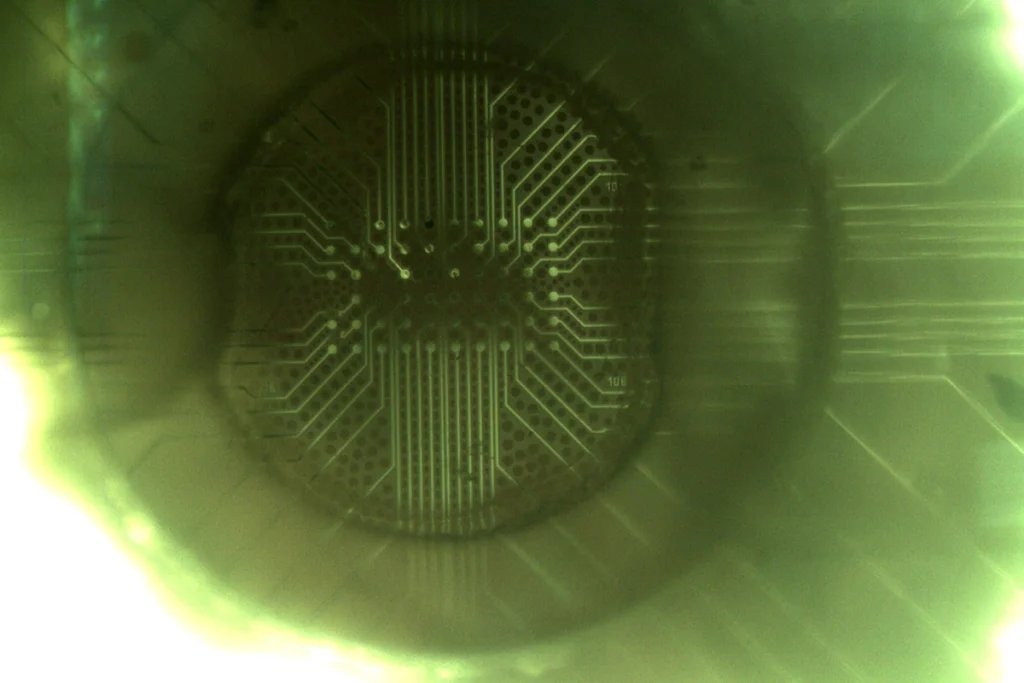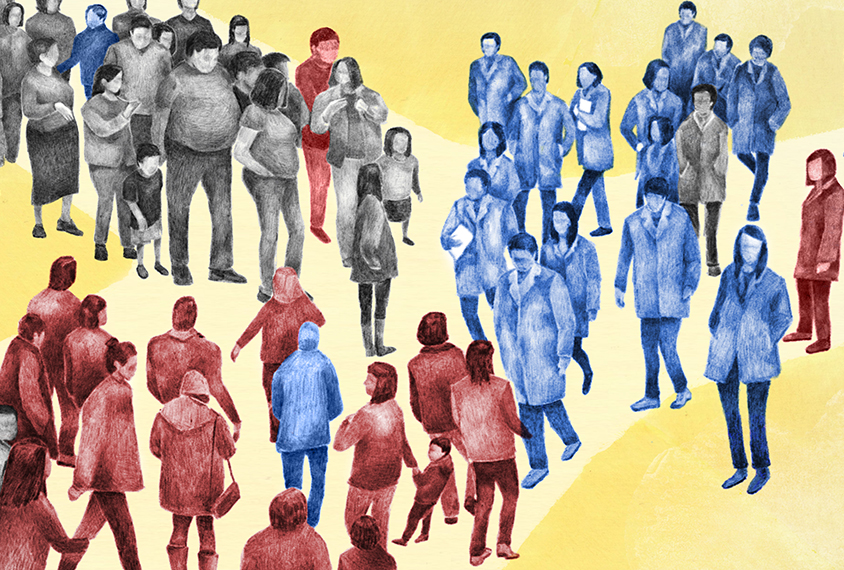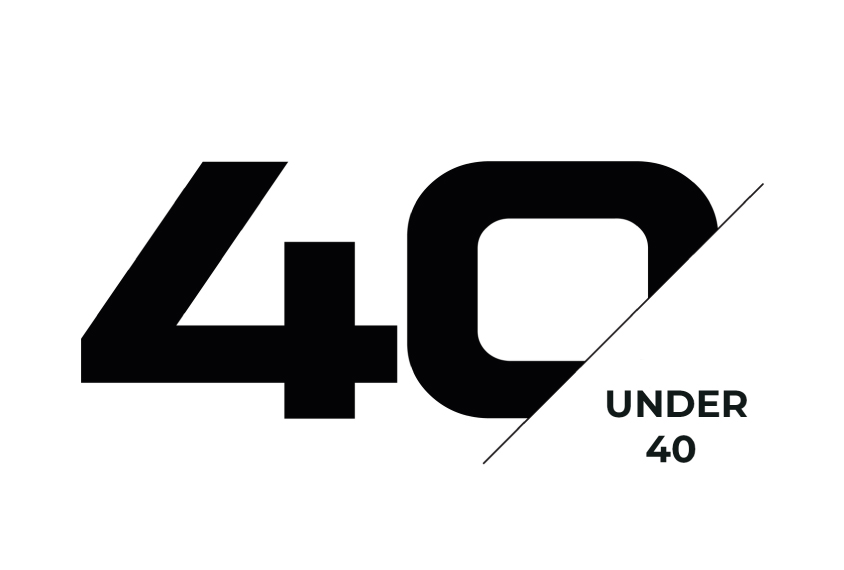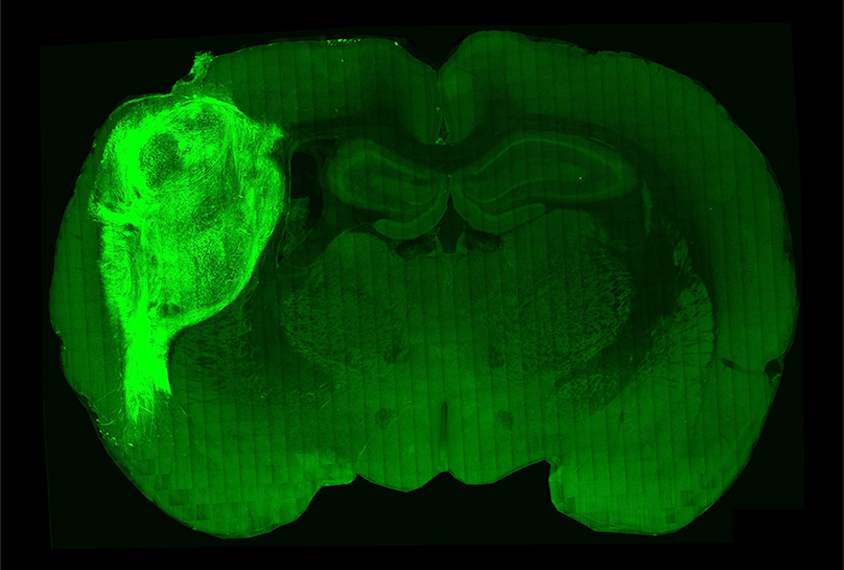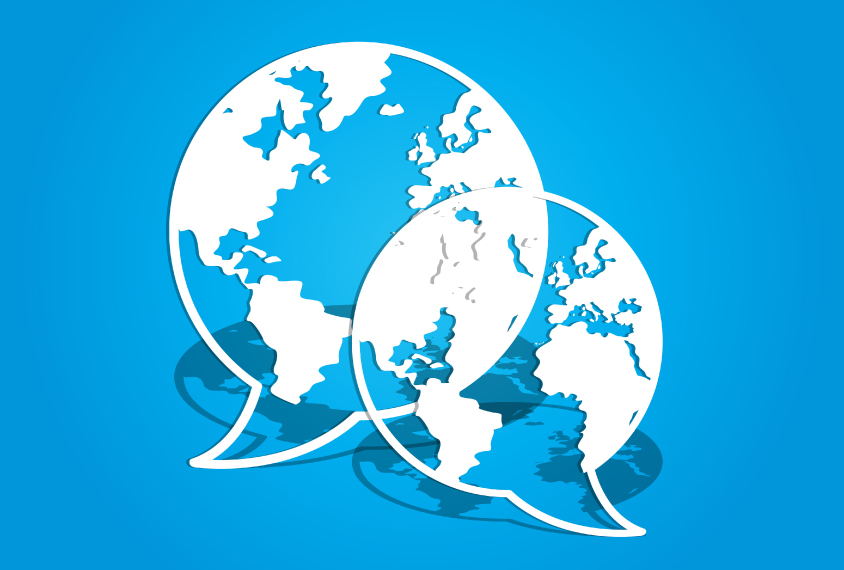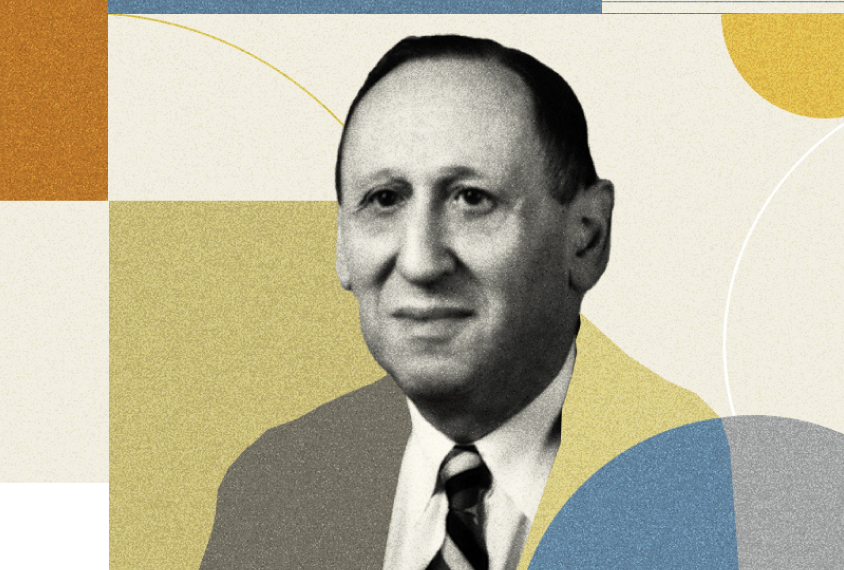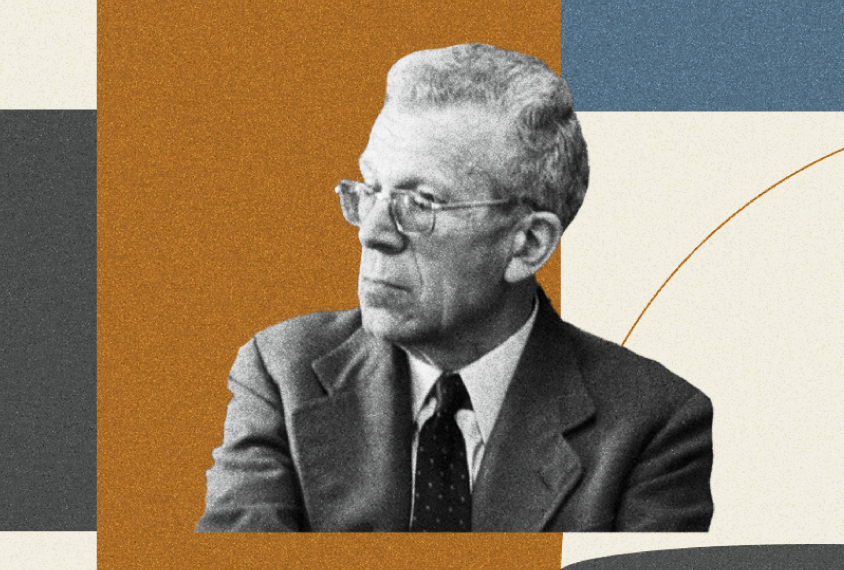Features
In-depth analysis of important topics in neuroscience
Making cancer nervous
Nerve cells in the brain and throughout the body can turbocharge tumor growth — a finding that not only expands conventional ideas about the nervous system but points to novel therapeutic targets for a range of malignancies.
Uncertainty and excitement surround one company’s cell therapy for epilepsy
After 10 years of work, Neurona may have the data to quiet its skeptics. But its ongoing clinical trial will be the ultimate test.
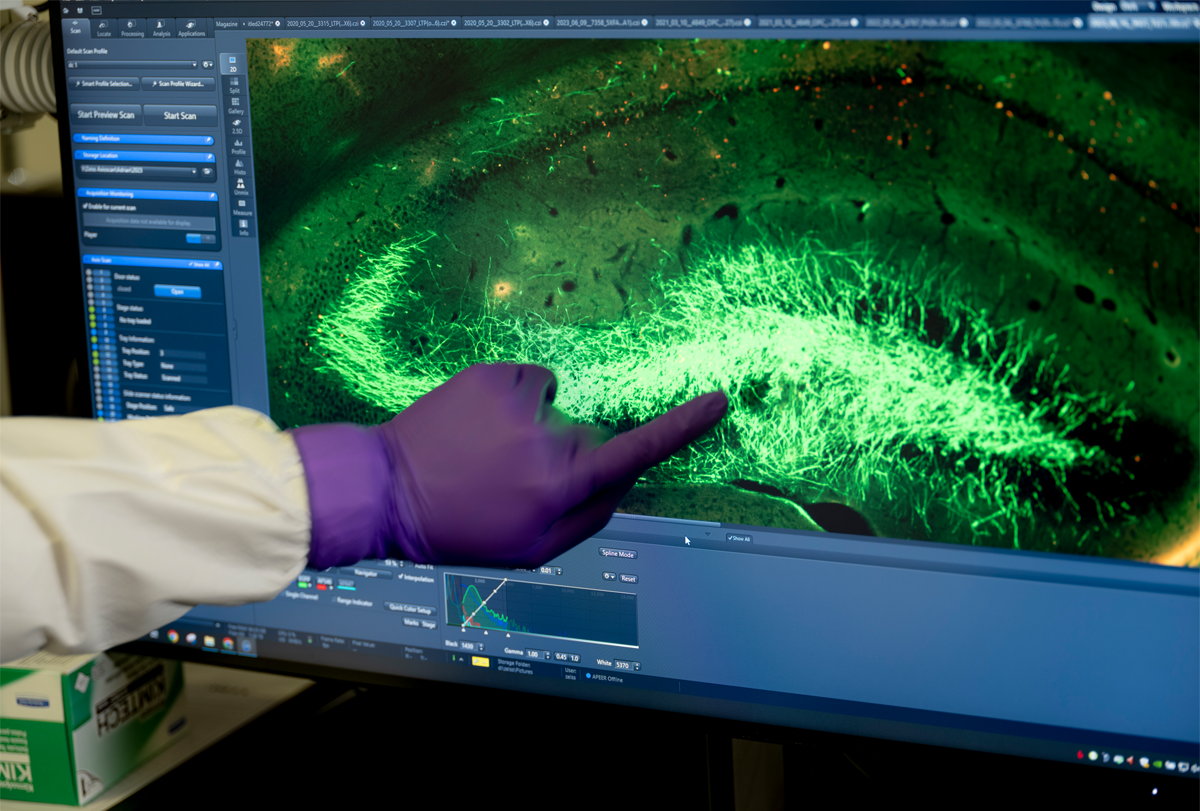
Uncertainty and excitement surround one company’s cell therapy for epilepsy
On the periphery: Thinking ‘outside the brain’ offers new ideas about autism
Neuronal alterations outside the brain may help to explain a host of the condition’s characteristic traits, including sensory changes, gut problems and motor differences.
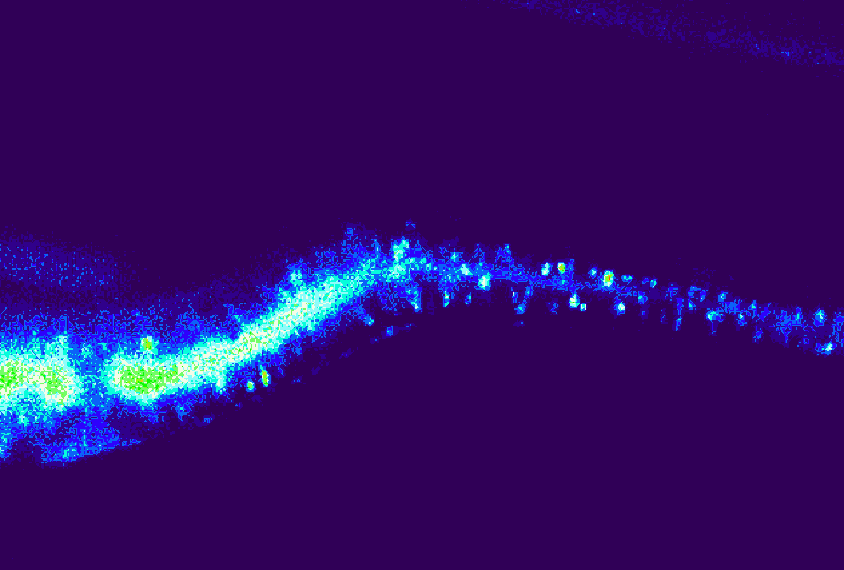
On the periphery: Thinking ‘outside the brain’ offers new ideas about autism
The promise of telehealth in autism diagnoses
The COVID-19 pandemic forced a reckoning, in which autism clinicians had to redefine best practices and expand how children are evaluated. The remote assessments they developed may help solve a persistent problem: the long wait families endure to get a diagnosis in the United States.
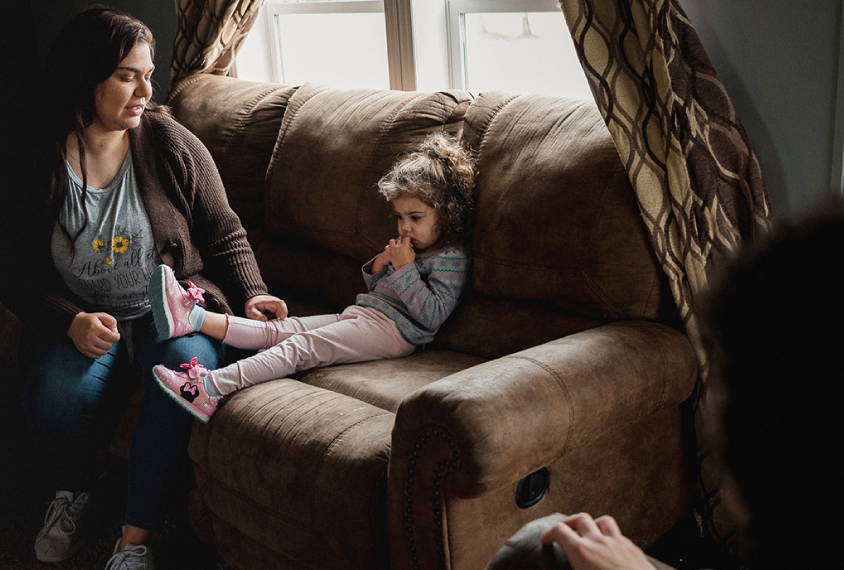
The promise of telehealth in autism diagnoses
Autism research at the crossroads
The power struggle between researchers, autistic self-advocates and parents is threatening progress across the field.
40 under 40
In 2022, we asked our profile subjects and sources to flag rising stars in their labs or among their former students. The result is this list of 40 young researchers who are working on autism-related science across the globe.
Hot topics in autism research in 2022
This year saw the debut of ever-more complex techniques to grow and analyze brain organoids and other 3D tissue cultures, among other advances.
Autism researchers’ top tweets in 2022
Social media chatter this past year took up a mysterious gene region, the brain’s physical geometry and other topics related to the advancement of autism science.
The new history of autism, part III
For decades, two figures have dominated the history of autism studies. Today, newly excavated documents are calling into question the primacy of these men as founders of the field.
The new history of autism, part II
For decades, two figures have dominated the history of autism studies. Today, newly excavated documents are calling into question the primacy of these men as founders of the field.
Explore more from The Transmitter
Robots boost data consistency in rodent studies reliant on mechanical, optogenetic stimulation
Two new devices take experimenter variation out of the equation, the lead investigators say.
Robots boost data consistency in rodent studies reliant on mechanical, optogenetic stimulation
Two new devices take experimenter variation out of the equation, the lead investigators say.
Spina bifida; MDMA effects in a mouse model of autism; maternal autoantibodies
Here is a roundup of autism-related news and research spotted around the web for the week of 13 May.
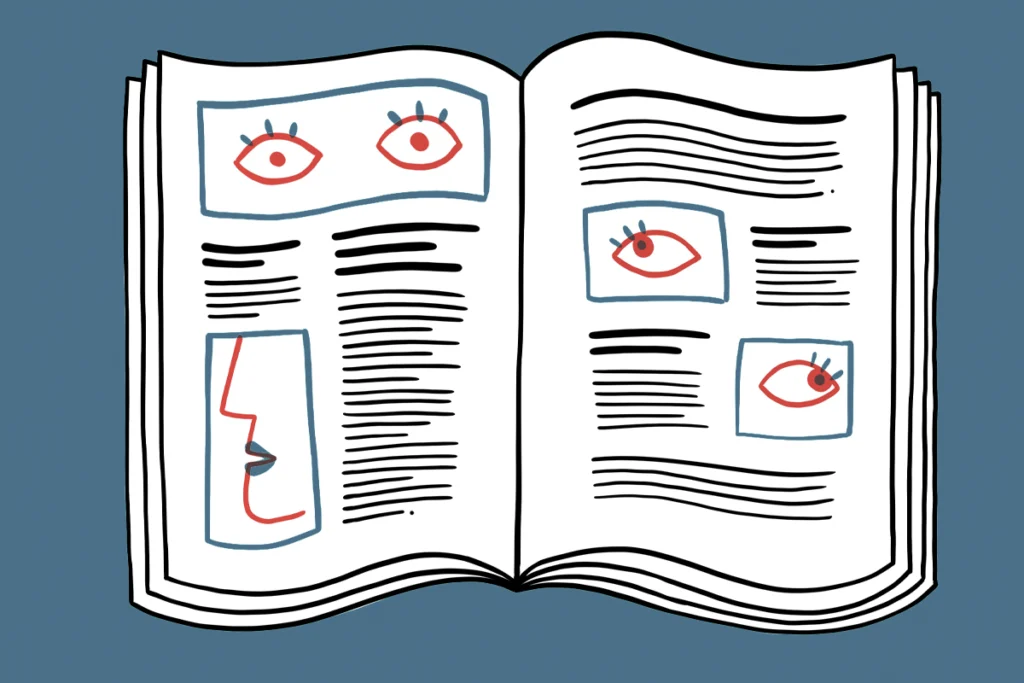
Spina bifida; MDMA effects in a mouse model of autism; maternal autoantibodies
Here is a roundup of autism-related news and research spotted around the web for the week of 13 May.
Autism research is becoming more diverse but not yet more global
Hosting the International Society for Autism Research annual meeting—which starts tomorrow—in Australia takes a step in that direction, making it easier for researchers, clinicians and advocates from the Western Pacific Region to participate.

Autism research is becoming more diverse but not yet more global
Hosting the International Society for Autism Research annual meeting—which starts tomorrow—in Australia takes a step in that direction, making it easier for researchers, clinicians and advocates from the Western Pacific Region to participate.
